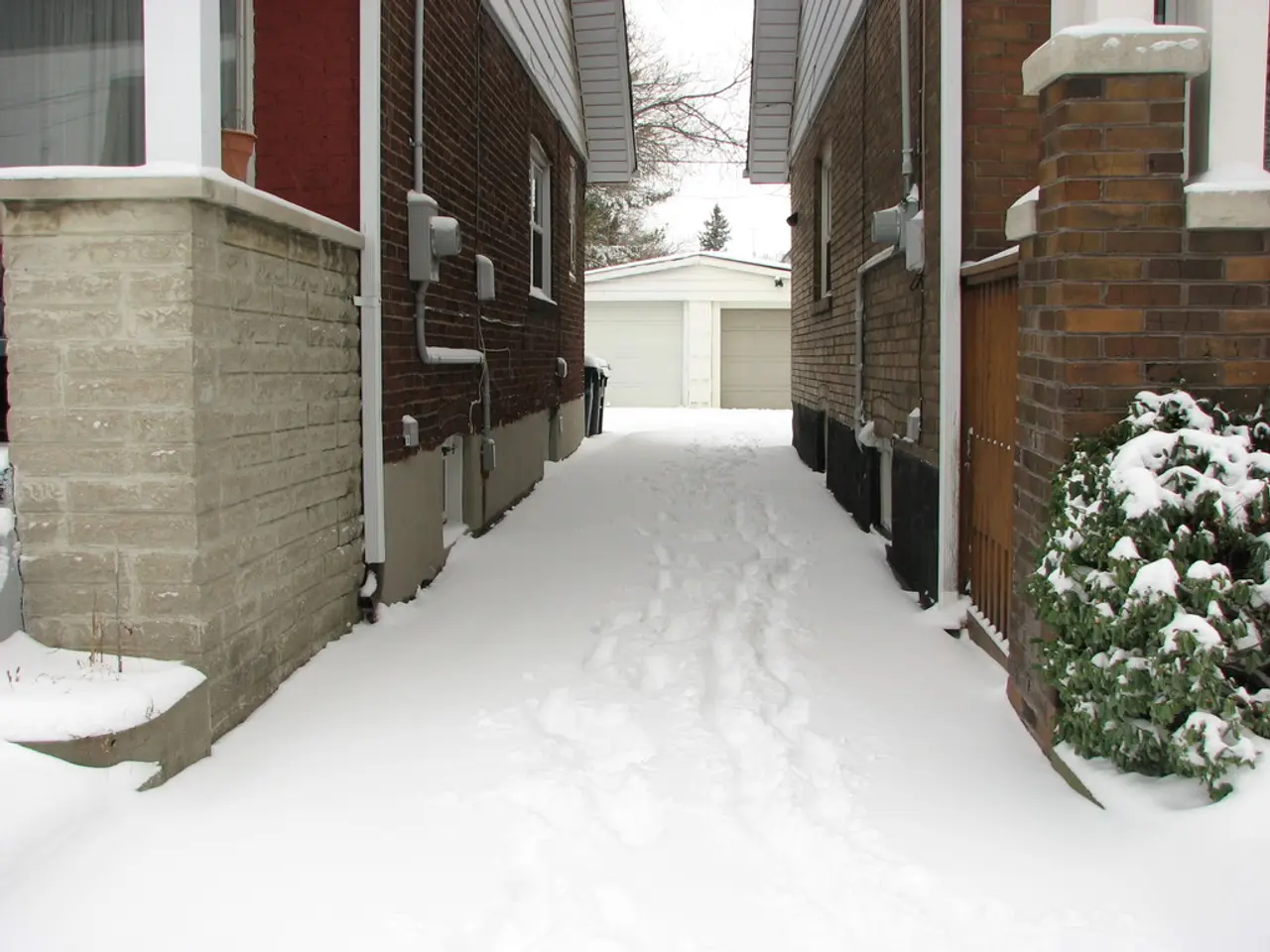Will autumn of 2025 be a suitable time to make a real estate purchase in Switzerland?
In the heart of Europe, Switzerland stands as a land of high living standards, with one of the highest per-capita GDPs and disposable income per resident in the world. However, this prosperity comes at a price, as the country's scarcity of building land makes it an expensive place to live.
Over the past five years, property prices in Switzerland have seen a significant surge, rising by around 20 percent. This trend is particularly evident in urban areas, where prices are higher than in rural regions. The densely populated cities, such as Zurich and Geneva, boast some of the highest residential real estate prices. In Zurich and Geneva, average prices per square meter reach exceptionally high levels, while in Zollikon near Lake Zurich, single-family houses cost around 3.4 million CHF and condos about 2.15 million CHF. Few people in Switzerland live in their own homes, reflecting the high cost of property.
The main reason for this rise in property prices is a very low interest rate in Switzerland, currently at zero percent. This low rate has made fixed-rate mortgages with a ten-year term available at well below 2 percent. The ten-year fixed-rate mortgage has been the most popular form of financing among clients receiving product-independent advice.
However, when arranging financing, it's important to compare offers broadly, as the difference between the cheapest and most expensive mortgage offer can be around one percentage point. Financing for real estate in Switzerland often involves a high mortgage share. To afford an average single-family house, at least 260,000 francs in equity and 230,000 francs in annual income are required.
The financing strategy must be tailored to the current and future financial needs of the borrower. The best type of mortgage is not one-size-fits-all. Fewer apartments and houses are being built throughout Switzerland due to higher costs of materials and stricter building and noise laws. This shortage of supply, coupled with low-interest rates, has contributed to the rise in property prices.
Looking ahead, some experts predict that Autumn 2025 could be a good time to buy property in Switzerland. However, potential buyers should be aware of the restrictions on land expansion in densely populated urban areas and the fact that in many parts of Switzerland, farming land cannot be zoned for construction.
In conclusion, the property market in Switzerland is a complex and evolving landscape. Prospective buyers should seek expert advice, carefully consider their financial situation, and keep abreast of market trends to make informed decisions. Whether you're a first-time buyer or a seasoned investor, understanding the unique factors at play in the Swiss property market is crucial for success.
Read also:
- Trade Disputes Escalate: Trump Imposes Tariffs, India Retaliates; threatened boycott ranges from McDonald's, Coca-Cola to iPhones
- Aquatech purchases Koch's Direct Lithium Extraction business, merging Li-ProTM DLE technology into the PEARLTM Technology Platform.
- Nepal's Journey: Evolution from Street Life to Political Power
- Li Auto faces scrutiny after crash test involving i8 model and a truck manufacturer sparks controversy




